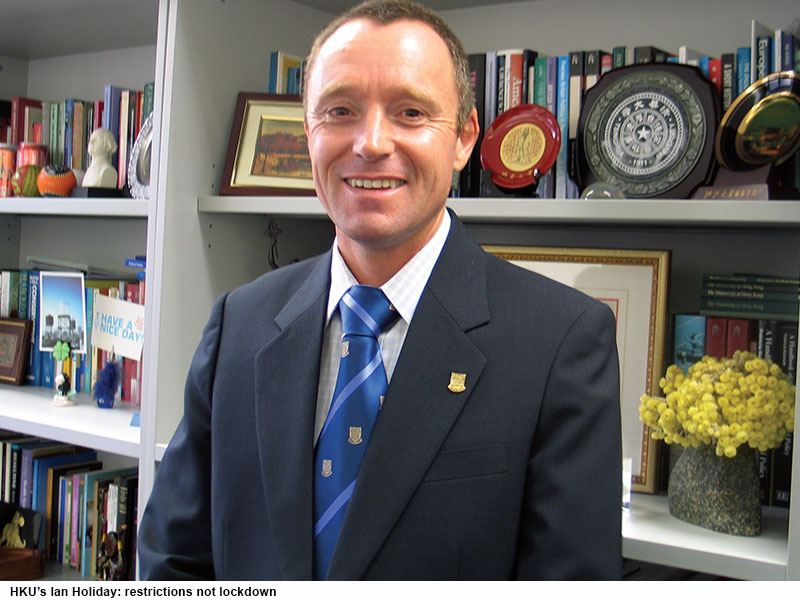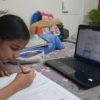No products in the cart.
Asia: Varsities normalcy preparations

In some parts of Asia, masked but cautious students and faculty are beginning to fill up classrooms, laboratories and dormitories once more. If the spread of Covid-19 continues to be contained, most universities in mainland China, Hong Kong, Macao and Singapore expect to be open for at least some in-person teaching in the 2020- 21 academic year.
Taiwan, has kept its universities open throughout most of the pandemic, with only a few weeks of disruption in February. Huey-Jen Jenny Su, president of National Cheng Kung University (NCKU), told a Times Higher Education Live Asia event that the institution had set up screening facilities and implemented student check-ups, distributed face masks and rolled out social distancing measures. “It was a critical period for everyone to become literate” in disease control, she said.
Administrators are nevertheless bracing for a dreaded second wave of infection. Many Asian institutions will continue running online classes simultaneously, just in case campuses need to shutter again. Distance learning will also benefit overseas students, who number in the hundreds of thousands and are unlikely to return to campus soon because of strict travel bans. Across the region, institutions are grappling with how to balance disease prevention and a return to some semblance of normal campus life. A recent walk (early June) around the University of Hong Kong unveiled a campus that was quieter than usual, but still lively and open to visitors. Faculty were back in offices, residential colleges were partially full and the museum was presenting an exhibition of Chinese ink paintings. Still, there was a mask on every face, plus a digital thermometer and hand sanitiser in every hallway.
“We never had a lockdown; we had restrictions. We are looking ahead now,” Ian Holliday, HKU vice-president and pro vice chancellor (teaching and learning), said in an online dialogue on the Fight Covid-19 website. “The Hong Kong people have been exemplary in responding to the crisis. They have no hesitation in using face masks; they pay attention to and act on science; and they always act responsibly,” he told Times Higher Education. HKU will move to a “gradual and partial return to face-to-face teaching” for summer courses and the autumn semester, using hybrid teaching methods, adds Holliday.
At the National University of Singapore (NUS), campus operations resumed on June 2, the first day that the city-state began exiting its “circuit breaker”, the name of its partial coronavirus lockdown. When students return for the new semester in August, they will have their temperatures checked and locations tracked on an app via a national digital check-in system. They will move by bus between special zones designated for teaching, research and residences, according to NUS’ emergency information website. Laboratory-based research staff have returned to campus on staggered shifts, while administrative staff work from home if possible.
In mainland China, the return to campuses began in April. By late May, more than 90 universities, colleges and vocational schools in Beijing were practising run-throughs of temperature-taking and disinfection protocols, according to Chinese media. At the Beijing University of Chemical Technology, for example, testing will be conducted on staff, while students will need to scan a code before entering premises. Some Beijing institutions, such as Tsinghua University, will allow students back from June 6.
Infection rates in China, where the novel coronavirus was first reported in January, are now far lower than they are in the West. Daily new cases in mainland China and Hong Kong number in the single digits. Those figures are at nearly zero in Taiwan and Macao.
The situation is not as rosy across other parts of Asia, where universities are still largely closed, from Japan to India. Even the most careful nations can backtrack. South Korea, which was praised as a model for widespread testing and strict quarantining, had to make a U-turn on a decision to reopen schools after new clusters of Covid-19 popped up in late May. “Universities around the world are carefully assessing their options regarding the reopening of their campuses amid the Covid-19 pandemic,” says Prof. Tan Eng Chye, president of NUS.
Also read: France: Falling confidence in scientists















Add comment